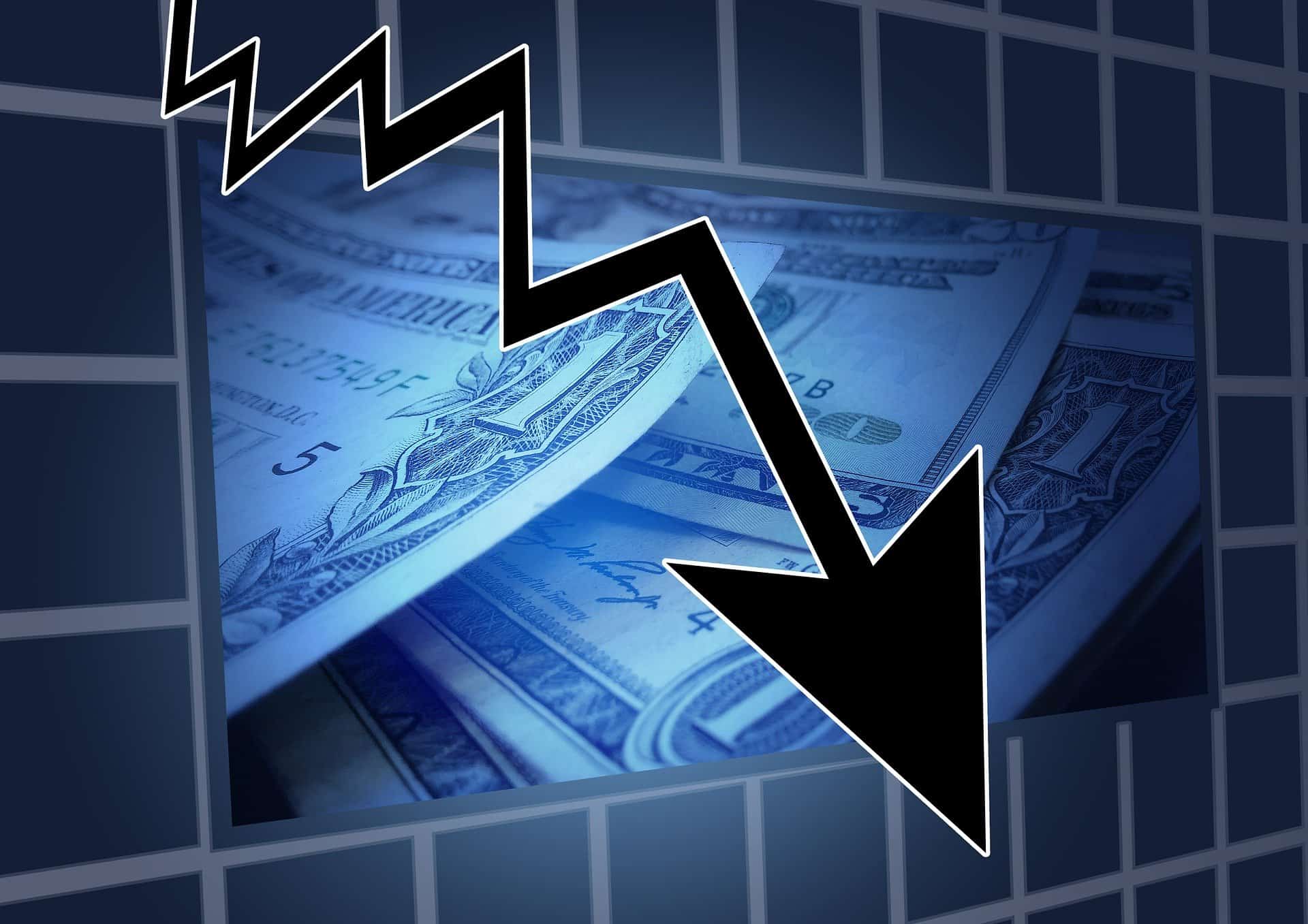Asian and European markets and oil prices plunged while safe havens rallied on Friday, November 26, over fears of a new coronavirus variant that scientists warn could be more infectious than Delta and more resistant to vaccines, potentially dealing a heavy blow to the global recovery.
The B.1.1.529 strain has been blamed for a surge in fresh cases in South Africa and has already cropped up in Hong Kong, with the World Health Organization due to hold a meeting later in the day to decide if it should be designated a variant of “interest” or of “concern”.
The discovery of the South African variant has led Britain, Germany, Italy, Singapore, and Israel to ban all travel from the country and five others in southern Africa, as officials look to prevent it from taking hold in populations and spreading quickly.
The European Union said it was looking into a blanket ban across the bloc.
“Early analysis shows that this variant has a large number of mutations that require and will undergo further study,” the WHO said.
The news has hammered confidence in Asian markets, which were already under pressure as traders prepared for the US Federal Reserve — the Fed — to start tightening its monetary policy to fend off surging inflation.
On equity markets, Tokyo, Hong Kong, and Mumbai were more than 2 percent off, while Sydney, Seoul, Singapore, Bangkok, Taipei, Manila, Mumbai, Wellington, and Jakarta shed more than one percent.
Shanghai saw more limited losses. London, Paris and Frankfurt dived at the open.
Firms linked to travel were among the worst affected as investors fretted over the possibility that more restrictions will be brought in by governments.
Sydney-listed Qantas lost more than 5 percent, Hong Kong’s Cathay Pacific shed 4.1 percent, and Singapore Airlines more than three percent. Macau casino operators were also down in Hong Kong.
Crude prices tank
Oil prices were also sharply lower — with Brent and WTI more than 4 percent lower — on concerns about the impact on demand if new containment measures were to be introduced.
The selling comes as OPEC and other key producers prepare to meet next week to discuss output plans, with analysts saying officials will be keeping a close eye on developments as it could force them to re-evaluate their agreement to slowly release more of the black gold.
“The one bull in the china shop that could truly derail the global recovery has always been a new strain of Covid-19 that swept the world” and caused the reimposition of restrictions, said OANDA’s Jeffrey Halley.
The flare-up of uncertainty also sent safe-haven currencies up, with the yen — a go-to unit in times of turmoil — piling ahead against the dollar.
The greenback advanced against other units, including a more than 2 percent gain on the South African rand and Mexican peso.
“It’s a scary headline” about the virus, so it may have caused a knee-jerk reaction, Kyle Rodda of IG Markets said.
The fact that US markets were closed for Thanksgiving on Thursday and trade would be thinner Friday “means there’s a wall of buyers missing”, meaning moves would be accentuated.
But Justin Tang at United First Partners said that, while the latest news was worrying, “the world has gone through this before with Delta” and that governments were more adept at knowing how to deal with the situation.
“Mutations are expected and not something unknown,” he said.
Traders are also keeping a wary eye on the Fed as it considers its next moves to fight inflation, which is sitting at three-decade highs and threatening the US recovery.
Some officials at the bank have flagged a quicker pace of tapering its vast bond-buying program, with a hike in interest rates possibly coming in mid-2022.
“The increased openness to accelerating the taper pace likely reflects both somewhat higher-than-expected inflation over the last two months and greater comfort among Fed officials that a faster pace would not shock financial markets,” said a team at Goldman Sachs in a note.








